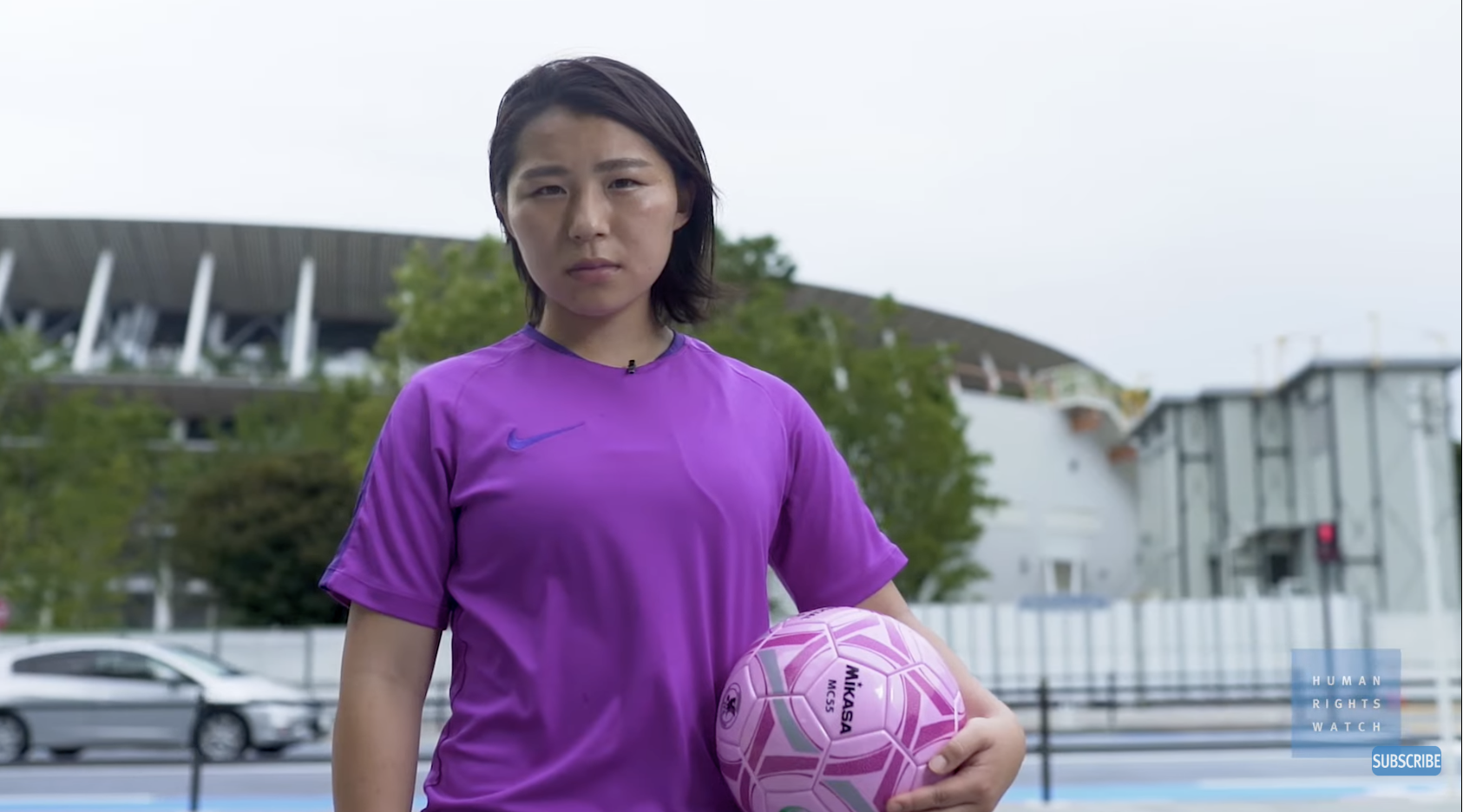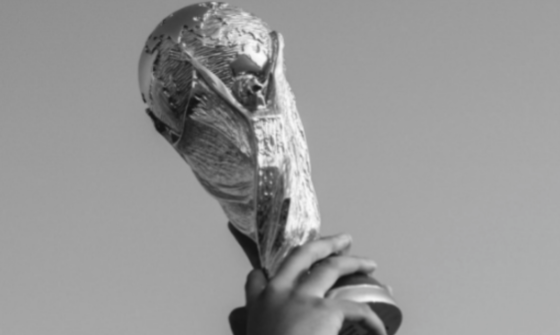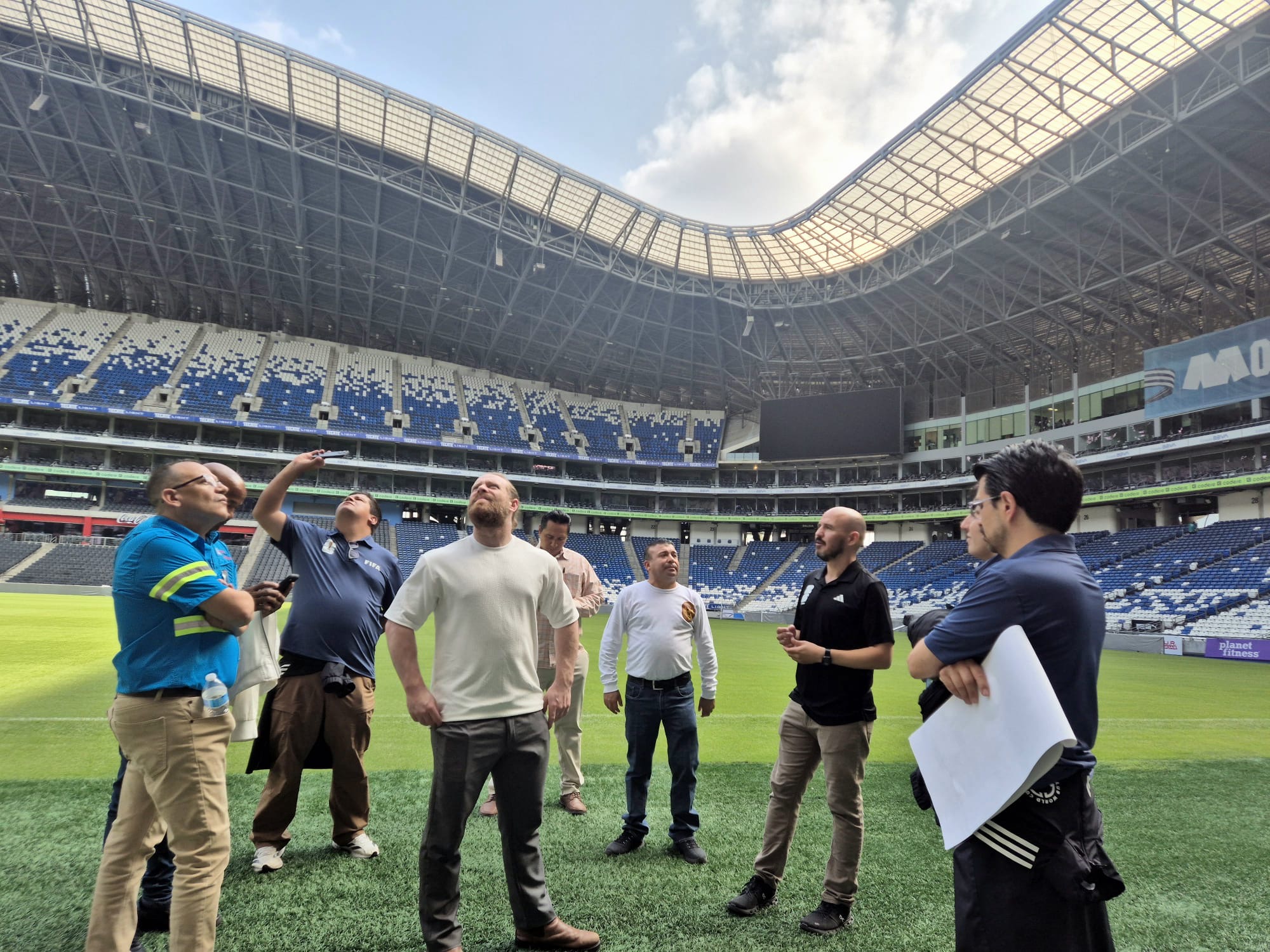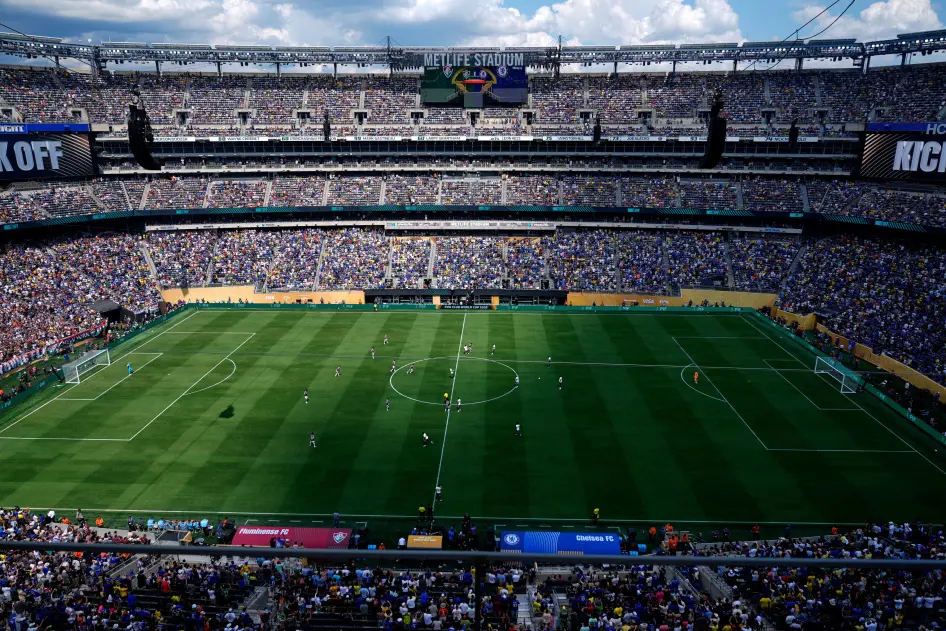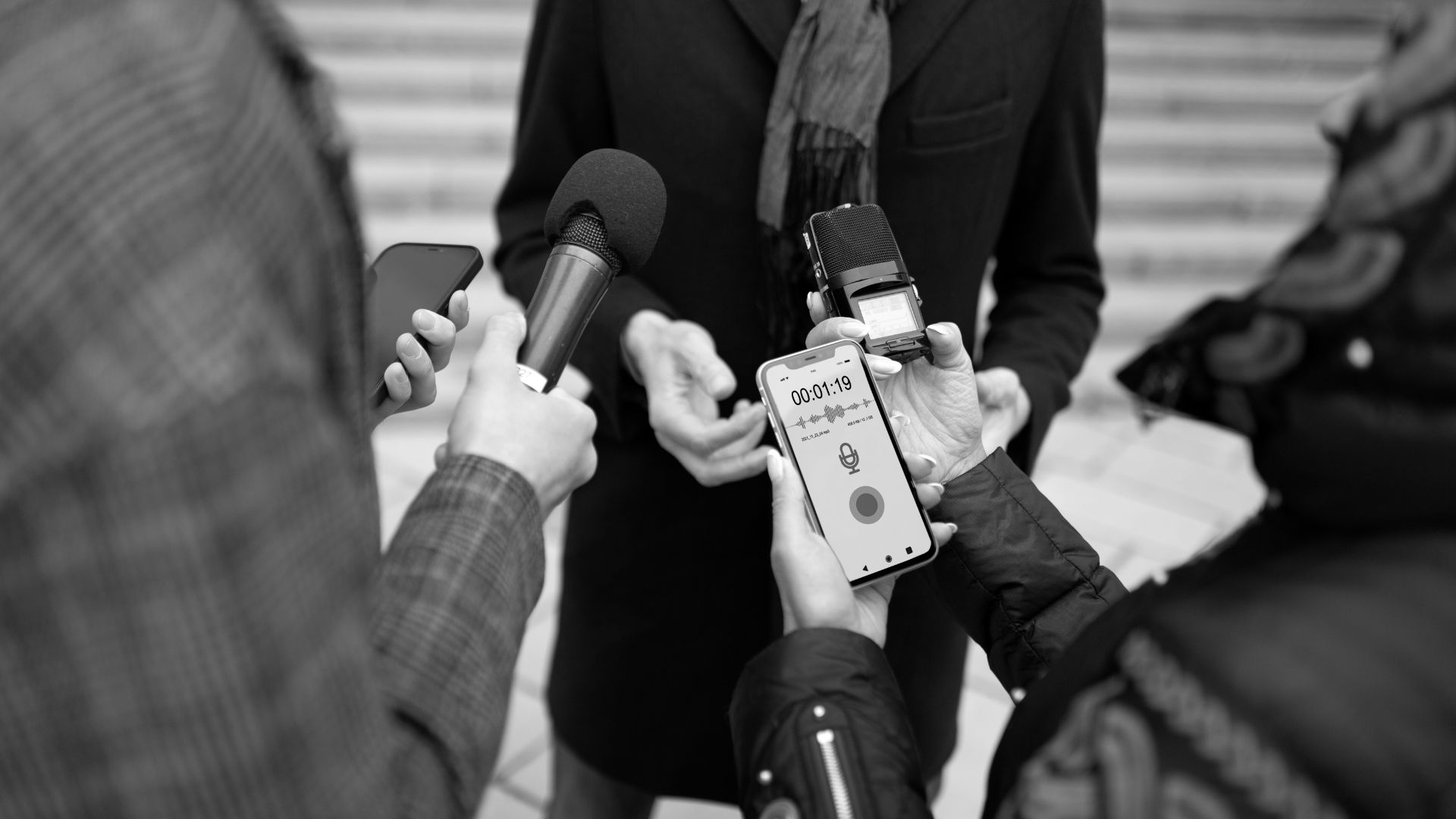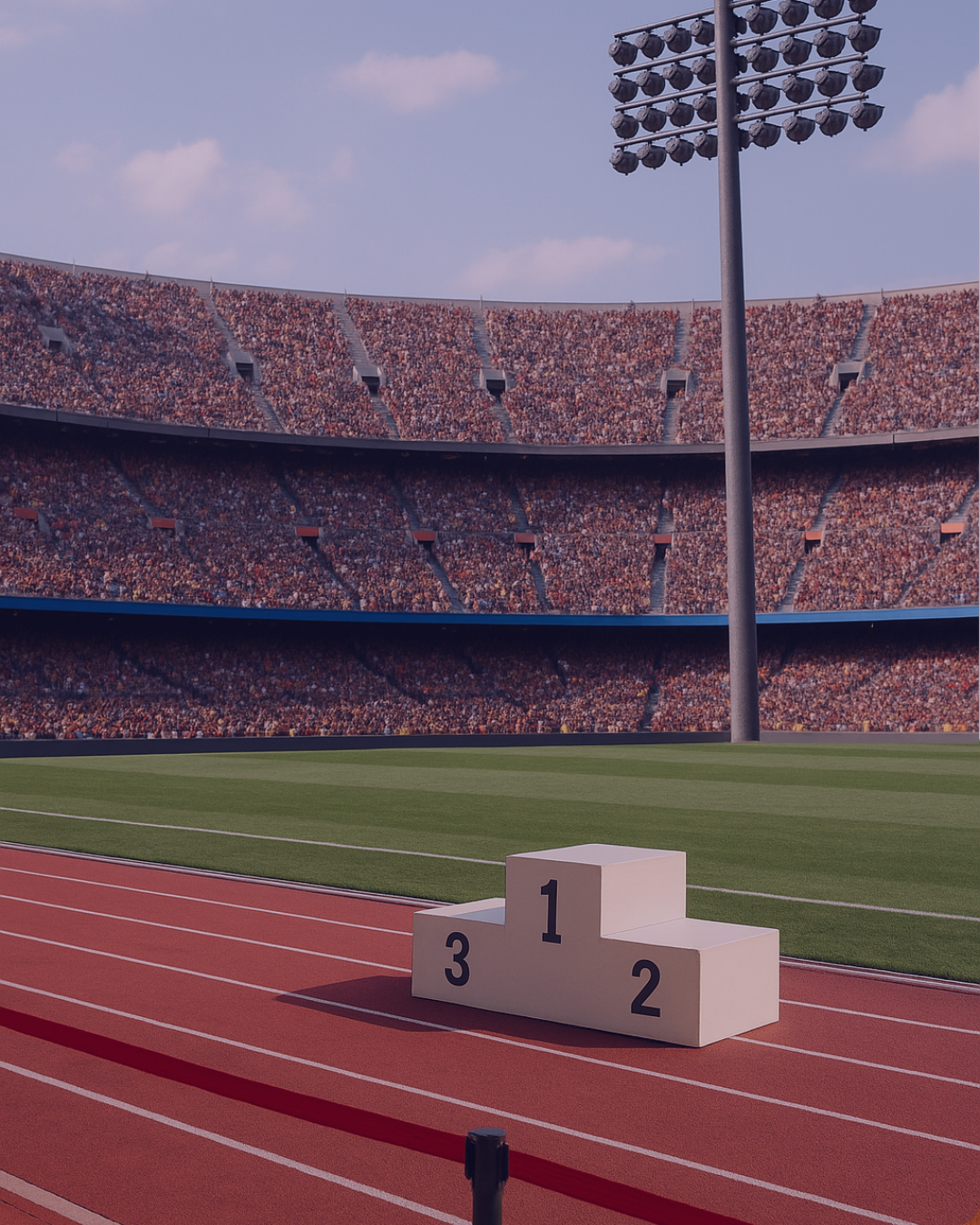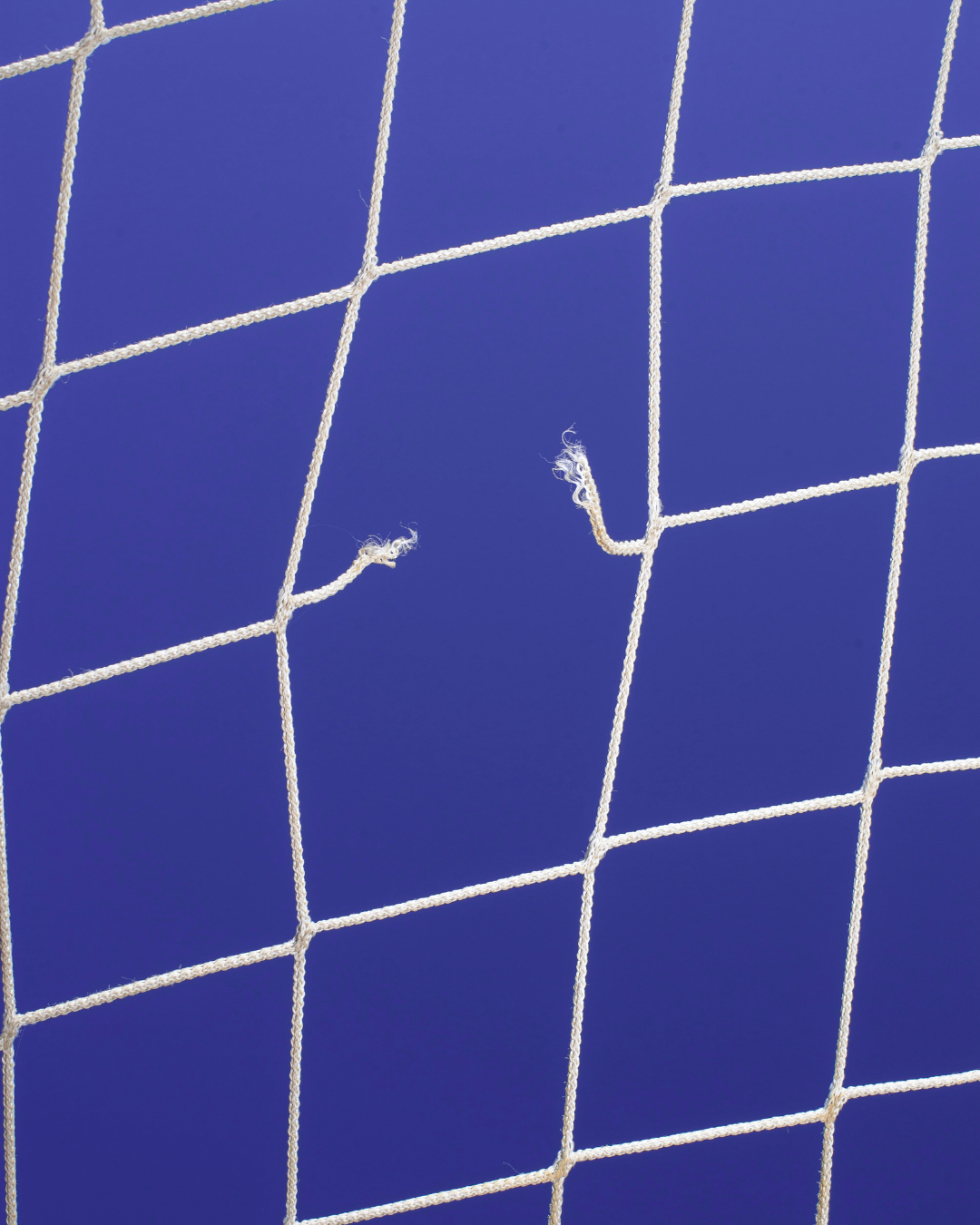Host of 2021 Summer Games Should Undertake Urgent Systemic Reforms
(Tokyo) – Child athletes in Japan suffer physical, sexual, and verbal abuse when training for sport, Human Rights Watch said in a new report, released today, that documents depression, suicides, physical disabilities, and lifelong trauma resulting from the abuse. Japan will host the Tokyo Olympics and Paralympics beginning July 23, 2021.
The 67-page report, “‘I Was Hit So Many Times I Can’t Count’: Abuse of Child Athletes in Japan,” documents Japan’s history of corporal punishment in sport – known as taibatsu in Japanese – and finds child abuse in sports training throughout Japanese schools, federations, and elite sports. In interviews and a nationwide online survey, Japanese athletes from more than 50 sports reported abuses that included being punched in the face, kicked, beaten with objects like bats or bamboo kendo sticks, being deprived of water, choked, whipped with whistles or racquets, and being sexually abused and harassed.
“For decades, children in Japan have been brutally beaten and verbally abused in the name of winning trophies and medals,” said Minky Worden, director of global initiatives at Human Rights Watch. “As Japan prepares to host the Olympics and Paralympics in Tokyo in July 2021, the global spotlight brings a once-in-a-generation opportunity to change laws and policies in Japan and around the world to protect millions of child athletes.”
Human Rights Watch documented experiences of more than 800 former child athletes – more than 50 from in-person interviews, and 757 from an online survey – including Olympians and Paralympians. The survey had participants from 45 of the 47 Japanese prefectures, and 50 sports. Human Rights Watch also monitored Japanese media reports of child abuse in sport, contacted sports federations to assess the availability of hotlines, interviewed academics, journalists, parents, and coaches, and met in person with government and sport federation officials.
In 2013, while Japan was bidding to host the 2020 Olympics, a series of videos of high-profile elite athlete abuse cases, coupled with suicides of child athletes, spurred leading sports agencies to speak out on the need for child protection in sport. In 2018, a video surfaced showing an Aichi prefecture high school baseball coach repeatedly slapping, punching, and kicking the players on his team. In the video, the coach is seen striking at least five players hard enough to cause the teenage athletes to stagger backward.
Public outrage led to important reforms such as setting up hotlines to report abuse. However, Human Rights Watch found that these reforms are optional “guidelines” instead of rules, that progress has been uneven and unmonitored, and that there is no mandatory reporting of abuse complaints or statistics.
This abuse violates Japanese laws against child abuse, international human rights standards, and International Olympic Committee regulations on safeguarding athletes.
Human Rights Watch found that child abuse in sport remains accepted and normalized in many parts of society, and that it is difficult for young athletes to file complaints against a powerful coach or official. Schools and federations rarely punish abusive coaches, often allowing them to continue coaching, Human Rights Watch said.
“Sports federations in Japan are allowed to set up their own systems to track abuse and abusers – which many simply choose not to do,” said Kanae Doi, Japan director at Human Rights Watch. “This exposes children to unacceptable risks, and leaves parents and athletes with few options to file complaints or seek remedies against powerful abusers.”
Child abuse in sport is a global problem with a lack of unified, clear systems to address violence and abuse. The burden of reporting abuse is often on the victims, while the systems for reporting are opaque, unresponsive, and inadequate.
Worldwide, coaches and other abusers go unpunished or are promoted to positions in which they can threaten and silence their accusers. Two presidents of sports federations, in Haiti and Afghanistan, have been accused of sexual assault of female athletes over the last 18 months. The United States Olympic doctor Larry Nassar abused hundreds of female gymnasts over decades. Children and teens who come forward are often not believed when accusing powerful coaches who hold the athletes’ success hostage. On June 26, according to the New York Times, 22-year-old South Korean triathlete Choi Suk-hyeon commtited suicide after filing many complaints with sport and government officials about the physical and psychological abuse she suffered.
“Sport can bring benefits like health, scholarships, and careers, but too often victims of abuse experience suffering and despair,” said Takuya Yamazaki, a sports lawyer on the Executive Committee of the World Players Association, the global athletes’ trade union who partnered with Human Rights Watch on the report. “One of the reasons why it is so hard to deal with cases of abuse is that athletes are not encouraged to have a voice. Just like the many brave athletes who are increasingly speaking up for their rights, sports bodies must show courage to deal with the past, if sport is to be a true force for good.”
Human Rights Watch’s main recommendation is that the country set up a Japan Center for Safe Sport, an independent administrative body tasked with addressing child abuse in Japanese sport to ensure reporting and tracking of abuse complaints, establish meaningful remedies for athletes and parents, and deter child abuse by identifying and decertifying abusive coaches.
With the Tokyo Olympic and Paralympic Games delayed until Summer 2021, Japan has one year to take convincing action before the games begin, Human Rights Watch said.
“Taking decisive action to protect child athletes will send a message to Japan’s children that their health and well-being are more important than medals – while placing abusive coaches on notice that their behavior will no longer be tolerated,” Worden said. “If Japan acts now, it can serve as a model for how other countries can end child abuse in sports.”
Please see below for quotes from some of the child and former child athletes interviewed.
Illustrative Quotes from the Report
“I was hit so many times, I can’t count. Everyone [on my current team] was hit as high school athletes, everyone experienced taibatsu. I was playing baseball as a pitcher…. The coach told me I was not serious enough with the running [during practice], so we were all called to the coach and I was hit in the face in front of everyone. I was bleeding, but he did not stop hitting me. I did say that my nose was bleeding, but he did not stop.”
– Daiki A. (pseudonym), 23, a professional athlete, spoke of his experience playing baseball in junior high school in the Kyushu region
“We use a cap for water polo. Athletes were dragged out from the pool by the cap strap, choking us. Another punishment is pushing kids underwater so we couldn’t breathe…. It is like the military. The younger kids were not as good. They would be frightened and quit the sport.”
– Keisuke W. (pseudonym), 20, a former elite water polo player
Almost every day after training, the coach had elite athlete, Chieko T., meet in his classroom, where he had her take off all of her clothes and would touch her naked body, saying he was doing it for “treatment.” “[Each time] I wanted to vomit, his smell, hands, eyes, face … voice, I hated everything of him.”
– Chieko T. (pseudonym), an elite athlete in her 20s from eastern Japan, whose coach sexually abused her while claiming he was treating her dislocated shoulder
“He punched me on the chin and I was bloody in my mouth. He lifted me up by my shirt collar. 90 percent of my teammates experienced physical abuse…. We were all kind of joking, ‘You haven’t been beaten yet, when is it your turn?’”
– Shota C. (pseudonym), 23, a former high school baseball player in Saitama prefecture
“The coach would kick the players, and throw the ball at them from a close distance. When the players were wearing helmets, the coach would hit the players on the helmet with the bat as punishment for mistakes on the field.”
– Tsukuru U. (pseudonym), 20, a junior and high school baseball player in Kanagawa
“Volleyball is the hardest.”
– Tsubasa Araya, a 17-year-old high school volleyball player from Iwate prefecture who took his own life in July 2018 following what his parents called “verbal violence” of his coach
“I don’t remember ever being praised by my coach. Every day I thought how not to be beaten by the coach. I never thought volleyball was enjoyable…. I hated volleyball as a player.”
– Naomi Masuko, a former star volleyball player on Japan’s national women’s team. In 2015, Masuko founded a volleyball tournament that bans abuse by coaches. She spoke of athlete abuse as a cycle to be broken: “When I was older, I talked to my coach – and he said his generation was much worse. So, from his words, I at last understand this experience is a chain. And it is our job to break the chain.”
